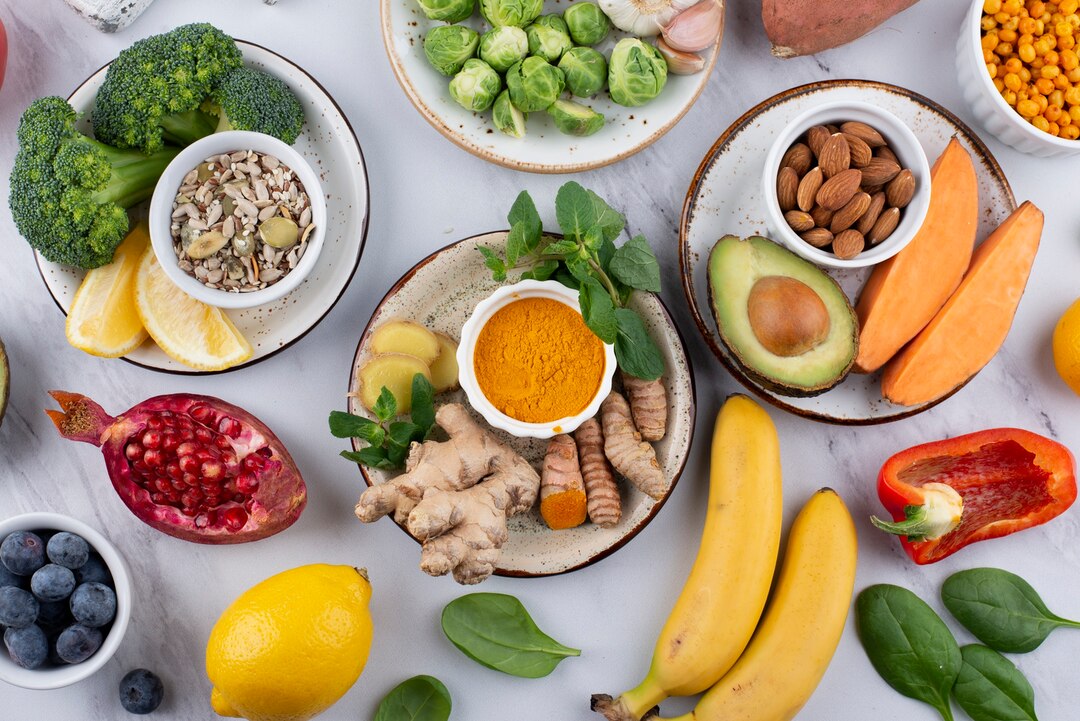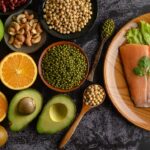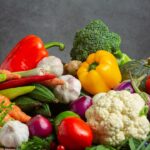A healthy gut is vital for overall well-being, as it supports the immune system, prevents diseases, and enhances digestion. It all starts with maintaining a balanced gut microbiome, which consists of millions of beneficial and harmful bacteria. What you eat plays a significant role in shaping this delicate balance. Here are some of the best foods to boost gut health and improve your overall well-being.
1. Probiotics
Probiotic-rich foods contain live beneficial bacteria that help balance your gut microbiome. Common sources include yogurt, kefir, kimchi, sauerkraut, and miso. These foods introduce good bacteria, aiding digestion, improving immunity, and reducing inflammation. For instance, yogurt with “live and active cultures” ensures a high concentration of probiotics.
2. Prebiotics
Prebiotics are the fibers that feed probiotics, helping them thrive. Foods like onions, garlic, leeks, asparagus, and bananas are excellent sources of prebiotics. Green bananas, in particular, contain resistant starch, which is a fiber that supports the growth of healthy gut bacteria.
3. Fiber-Rich Foods
Dietary fiber promotes digestion and gut health. Whole grains, legumes, fruits, and vegetables like broccoli, apples, and pears are packed with fiber. Fiber acts as food for your gut microbes, producing short-chain fatty acids that support gut health.
4. Fermented Foods
Fermented foods are excellent for introducing good bacteria into your gut. These include kombucha, tempeh, and fermented vegetables like kimchi and sauerkraut. They not only add probiotics to your gut but also improve the digestion of nutrients.
5. Polyphenol-Rich Foods
Polyphenols are plant compounds that act as antioxidants and promote the growth of beneficial bacteria in the gut. Foods such as blueberries, raspberries, olive oil, dark chocolate, and green tea are rich in polyphenols.
6. Beans and Legumes
Legumes like lentils, chickpeas, and black beans are high in fiber, which supports the fermentation process in the gut and fosters the growth of good bacteria. Including them in soups, salads, or stews can significantly enhance gut health.
7. Nuts and Seeds
Almonds, walnuts, and flaxseeds are rich in fiber, healthy fats, and antioxidants, all of which contribute to a healthier gut microbiome. These can be eaten as snacks or added to oatmeal and smoothies.
8. Healthy Fats
Foods rich in omega-3 fatty acids, such as salmon, chia seeds, and flaxseeds, have anti-inflammatory properties that benefit the gut lining. They also help regulate gut bacteria, promoting better digestion.
9. Whole Grains
Whole grains like oats, barley, and quinoa are excellent sources of soluble and insoluble fiber. They encourage the growth of beneficial bacteria and help maintain regular bowel movements.
10. Watermelon
This refreshing fruit is not only hydrating but also rich in fructans, a type of prebiotic fiber. Consuming watermelon helps maintain gut function while providing a dose of antioxidants.
Supporting gut health starts with incorporating a variety of probiotic, prebiotic, and fiber-rich foods into your diet. Avoid processed foods, artificial sweeteners, and excessive alcohol, as they can disrupt the gut microbiome. By prioritizing these nutrient-dense foods, you can improve digestion, boost immunity, and promote long-term health.








